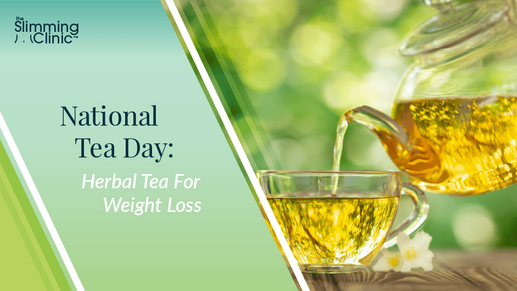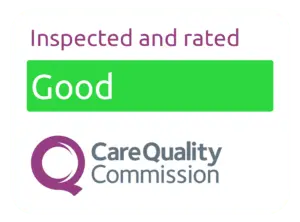What Your Food Cravings Mean
We've all experienced it at some point: the sudden and intense desire for a specific type of food. Whether it's a slice of cake, a bag of crisps, or a slice of pizza, food cravings can feel overpowering and difficult to resist. However, have you ever wondered what your body is trying to tell you when these cravings strike? Surprisingly, food cravings can offer valuable insights into our physical and emotional well-being. In this blog post, we will explore the meaning behind common food cravings and provide healthier alternatives to satisfy those cravings.
Craving: Cakes and Sweets
When a craving for cakes and sweets strikes, it might indicate that you are feeling tired, lethargic or in need of an energy boost. Many people turn to sugary treats to combat fatigue and temporarily increase their energy levels. However, this habit often leads to a sugar crash and can have negative long-term effects on health and weight loss.
Instead, opt for healthier alternatives that provide a natural energy boost. Fresh fruits, such as bananas or berries, are not only delicious but also rich in vitamins, fibre and antioxidants. You can also try a low-calorie snack bar that contains whole grains and nuts, offering a combination of complex carbohydrates and healthy fats to sustain your energy levels.
Craving: Fatty and Greasy Foods
Cravings for fatty and greasy foods often stem from a variety of factors. One possibility is that you have been avoiding these foods due to being on a diet or trying to eat healthier. Restricting certain foods can lead to an increased desire for them, making it challenging to resist the temptation.
Rather than indulging in unhealthy fats, choose healthier alternatives that provide essential nutrients. Avocados are a fantastic option, as they are packed with healthy monounsaturated fats, vitamins and minerals. They can be enjoyed in salads, on whole-grain toast or as a creamy addition to smoothies. Nuts and seeds are another great choice, offering a satisfying crunch along with beneficial fats and protein. Incorporating these healthier fats into your diet can help curb cravings while providing essential nutrients for your body.
Craving: Salty Snacks
Cravings for salty snacks may indicate dehydration or an electrolyte imbalance. When we are dehydrated, our bodies crave sodium to restore the electrolyte balance. However, it's essential to make mindful choices when satisfying this craving, as excessive sodium intake can lead to health issues such as high blood pressure.
To address these cravings, opt for healthier salty alternatives. Roasted chickpeas seasoned with spices like paprika or cumin can be a flavourful and nutritious snack. Homemade kale chips seasoned with a sprinkle of sea salt can satisfy the craving for a crunchy, salty treat while providing an abundance of vitamins and minerals. Remember to hydrate yourself adequately throughout the day to avoid dehydration-related cravings.
Craving: Comfort Foods
Sometimes, cravings for comfort foods like mac and cheese or mashed potatoes are not necessarily tied to specific nutrients but rather to emotional well-being. These cravings often occur when we seek comfort or relief from stress, sadness or anxiety. However, relying on unhealthy comfort foods can create a cycle of emotional eating and potential guilt.
Instead, explore healthier versions of comfort foods. Cauliflower can be transformed into a creamy, low-carb substitute for mashed potatoes. Courgette noodles can replace traditional pasta, providing a lighter yet satisfying option. By experimenting with healthier variations, you can still enjoy the comforting aspect of these foods while nourishing your body.
Understanding the meaning behind your food cravings can empower you to make healthier choices that benefit your overall well-being. Cravings for cakes and sweets may indicate fatigue, suggesting the consumption of fresh fruits or low-calorie snack bars. Cravings for fatty and greasy foods might stem from dietary restrictions, highlighting the importance of incorporating healthier fats from sources like avocados, nuts and seeds. Salt cravings may signify dehydration, emphasizing the need for hydration and choosing healthier salty alternatives. Finally, comfort food cravings often relate to emotional well-being, encouraging the exploration of healthier versions to satisfy both the palate and emotions.
Next time you experience a food craving, take a moment to reflect on its potential meaning and consider healthier alternatives that can provide the same satisfaction without compromising your health. By listening to your body's cues, you can cultivate a balanced and nourishing relationship with food.








